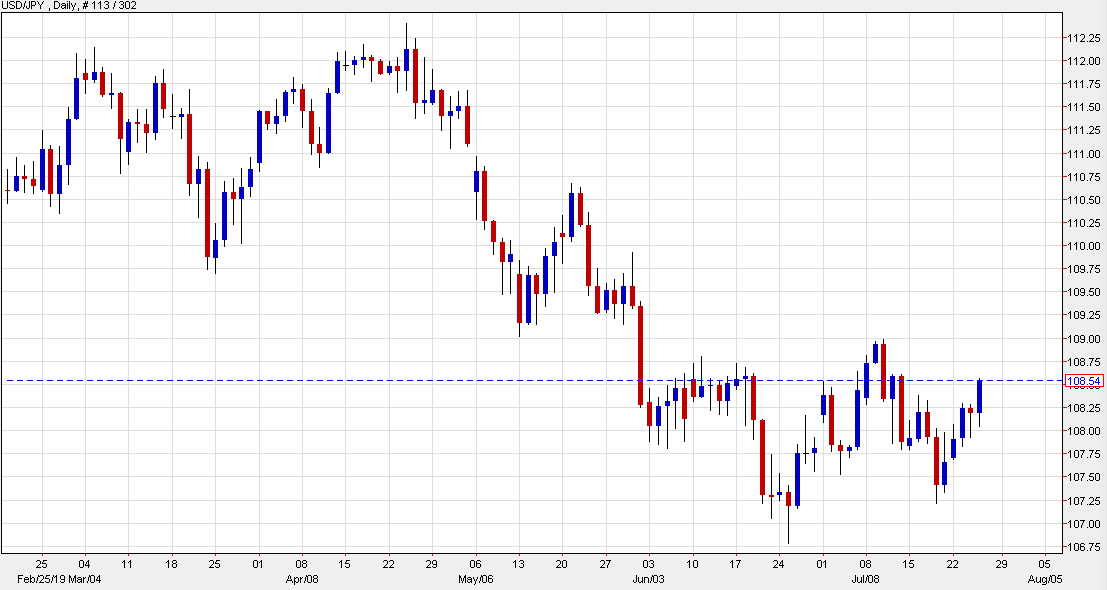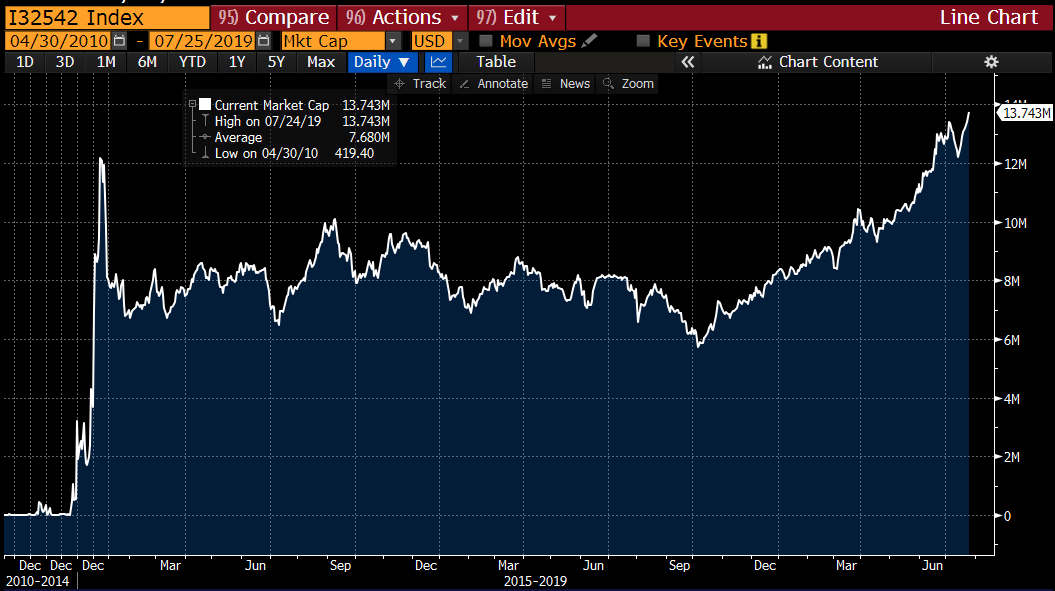The S&P 500 retreated from a record high on Thursday as adverse reactions to a handful of corporate results weighed on the market and as the latest assessment of monetary policy rhetoric from the European Central Bank triggered a volatile session for the euro.
The US equities benchmark was down 0.5 per cent owing to poorly-received results from a number of technology and industrial companies.
American Airlines shed 8.4 per cent after saying it expected a larger hit to pre-tax earningsfrom the grounding of Boeing’s 737 Max jets. Southwest Airlines said it expected cost pressures from the grounding to weigh on results in the second half and decided it would cease operations out of Newark Liberty International airport, which helps serve the New York City area, although its shares managed to reverse early declines to finish roughly flat.
Rivals Delta Air Lines and United Airlines were both lower. Boeing remained under pressure, down nearly 4 per cent, after flagging on Wednesday it might have to cease production of the jet that was involved in two fatal crashes earlier this year.
Facebook and Tesla were down 2 per cent and nearly 14 per cent, respectively, after reporting results following Wednesday’s closing bell.
The leg down in US equities also came as investors digested better than expected US economic data that raised concerns that Federal Reserve policymakers may not be as dovish as markets expect at next week’s investor meeting.
There was much interest in the ECB, though. As President Mario Draghi gave his regular press conference after leaving interest rates on hold, investors measured his words against hopes for a return to economic stimulus in the region, which had pointed to more bond-buying as soon as September.
It sent the euro on a volatile run, and a rally for the region’s government bonds also faded, drawing yields higher as the trading day developed. Stocks also dropped back from highs, although banking shares remained in demand.
The shared currency bounced up off two-year lows after Mr Draghi spoke to reporters, and was about flat at $1.1144.
European stocks were also unsettled, with the extent of the ECB’s concern at an economic slowdown outweighing the hopes for fresh stimulus. Frankfurt’s Xetra Dax stood out, falling back by 1.3 per cent, surrendering earlier gains that took it up as much as 0.6 per cent for the session.








